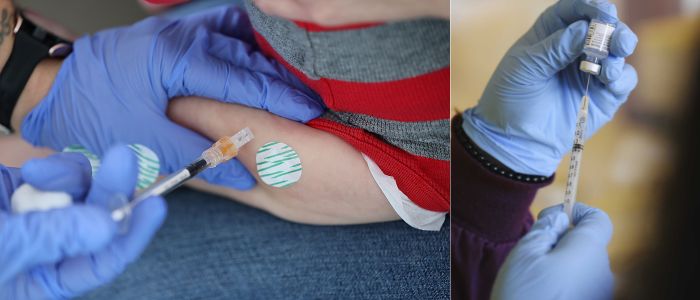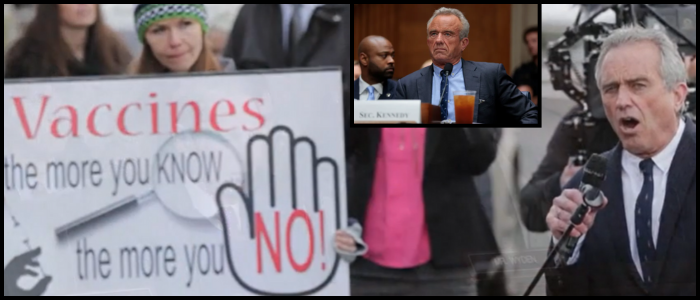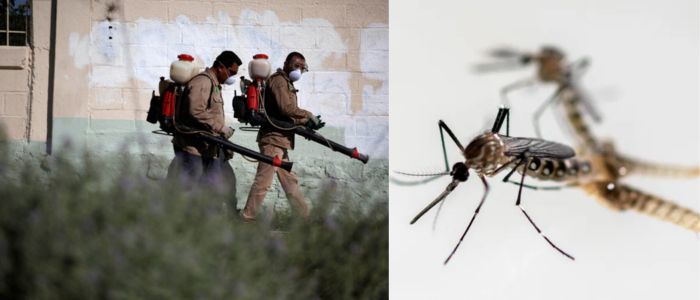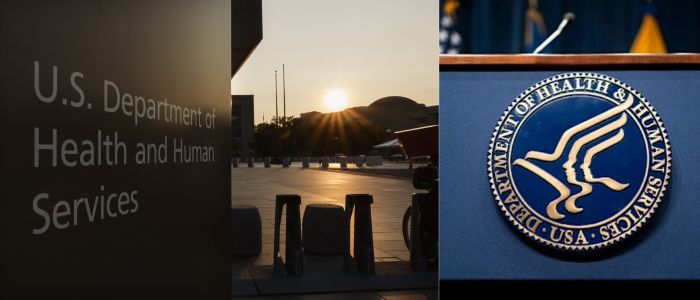Recent actions by Health and Human Services Secretary Robert F. Kennedy Jr., such as going around the CDC’s usual vaccine advisory process and replacing all 17 members of the Advisory Committee on Immunization Practices (ACIP), have sparked profound concern among state health officials and people in public health.
“States are trying to navigate how they maintain services in this new environment where the federal signals are inconsistent or openly hostile to longstanding practices,” said one official involved in state-level planning.
State-Led Collaborations Emerge
Nine states, including New York and Massachusetts, have opened the Northeast Public Health Collaborative, aimed at bolstering public health systems. And committees within the group are already looking closely at how to protect vaccine access and pandemic preparedness in the face of a potential federal pulling-back.
Maine has already moved in a legislative direction, deleting ACIP from its laws and setting up new pathways to buy vaccines independent of the federal Vaccines for Children Program. Colorado passed a comparable measure that would enable its health commissioner to assure coverage for preventive services even if federal recommendations change.
States such as New Mexico, Missouri, and Alabama may also need to reconsider school vaccine requirements, which now follow the guidance of ACIP.
RFK Jr. Vaccine Policy Transition Worrisome
Kennedy’s now infamous May pivot to recommend COVID-19 vaccinations for healthy children and pregnant women departed sharply from decades of consensus-driven decision-making.’
His rejection of ACIP’s full advisory panel — and appointment of members who have questioned vaccine efficacy — has states wondering whether they can legitimately, financially, and morally keep providing vaccinations.
“Now there is just a collapse of national coordination, and it’s coming from the top down,” said one source close to the state deliberations, in which the vacuum is already being filled by the states and local action.
Nonprofits Fill Policy Voids and Counter Disinformation
Outside government, the Vaccine Integrity Project, organized by the University of Minnesota’s Center for Infectious Disease Research and Policy and financed by the philanthropist Christy Walton, is suing to bring together medical experts and past health leaders to offer independent, science-based advice on vaccines.
The group is also helping states rewrite laws and funding mechanisms to maintain access — especially if the federal government weakens or repeals key vaccine programs.
“We need strong, trusted voices outside of government to help lead the public understanding,” said Lori Tremmel Freeman, chief executive of the National Association of County and City Health Officials. “The blow from the vaccine infrastructure disrupted doesn’t just hit Bismarck, it hits every American community.”
Increasing Concern Over a Divided Vaccine System
Experts fear that if ACIP’s authority is diminished and decisions are left to states, a hodgepodge of varying vaccine policies will result, eroding public trust and potentially contributing to outbreaks of preventable diseases.
In states such as Tennessee where vaccine information in hospitals is linked to ACIP recommendations, a change at the federal level could mean that parents are never told about important vaccines like the one for whooping cough.
“When faith in national leadership collapses, people will lack direction on who to believe in,” warned one public health official.
Conclusion: A Breaking Point for Public Health
And as those normal vaccine oversight mechanisms break down, the onus is now shifting to states, universities, and nonprofits to keep Americans safe. The results of those efforts could determine access to immunization in the United States for years to come.
Whether this scramble is a sustainable new model or a symptom of a deeper fragmentation in national health policy, is anyone’s guess. But for now, it is obvious that many are not waiting on Washington to act.
Health

States and Nonprofits Rush to Protect Vaccine Access as Federal Support Wavers

As federal support for vaccine access becomes increasingly uncertain, an increasing number of American states and nonprofit groups are stepping up to try to ensure that immunization remains accessible for everyone — even as the corridors of power shift in Washington.















